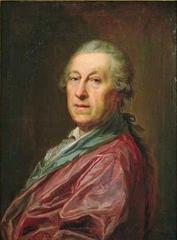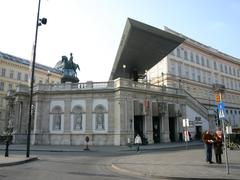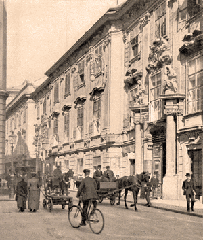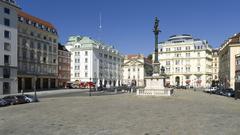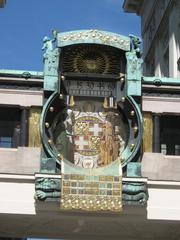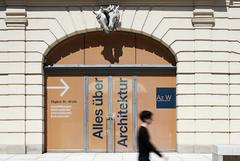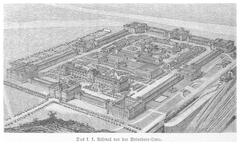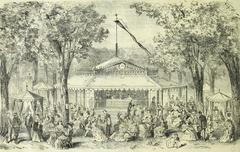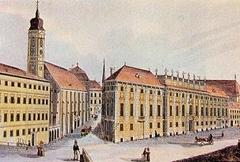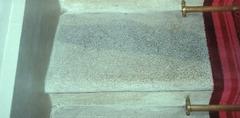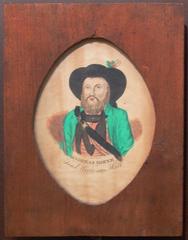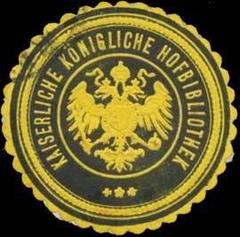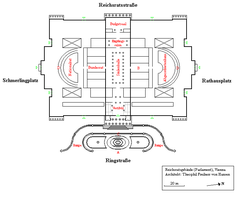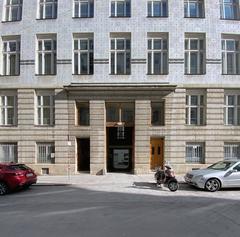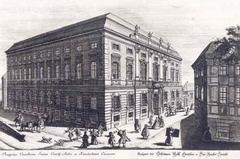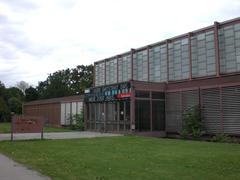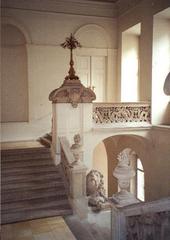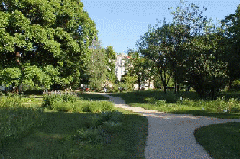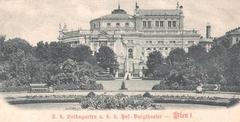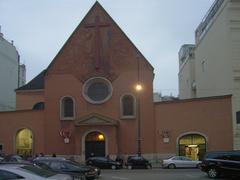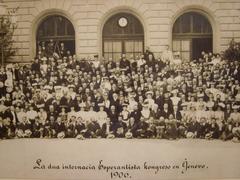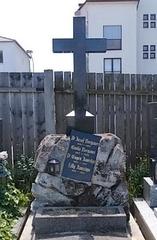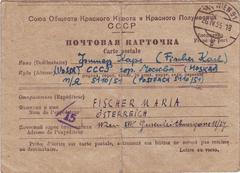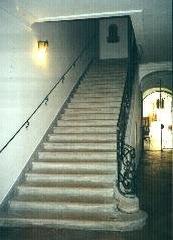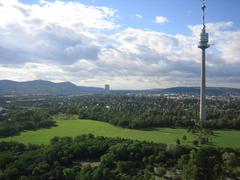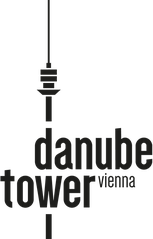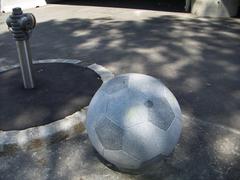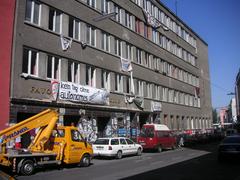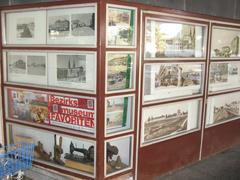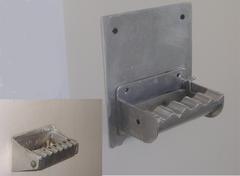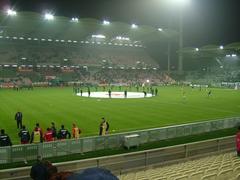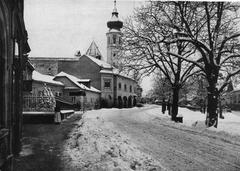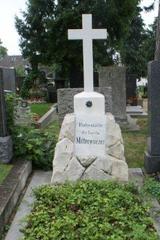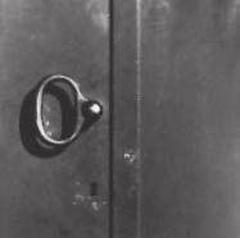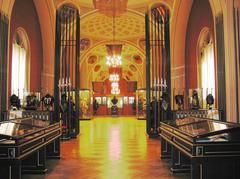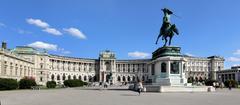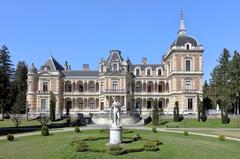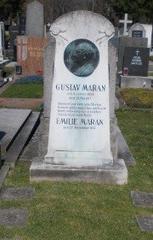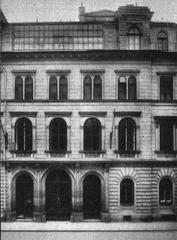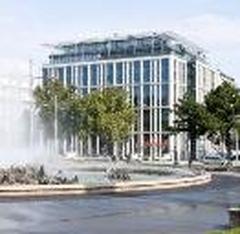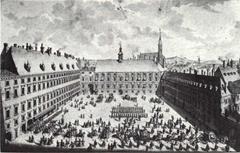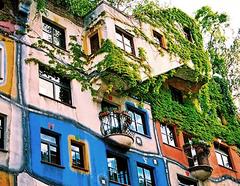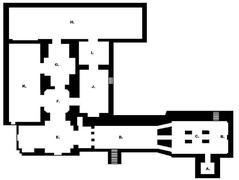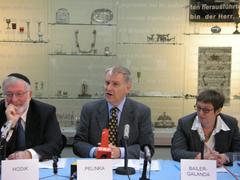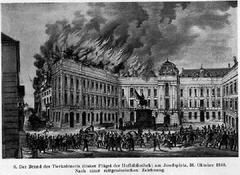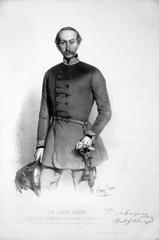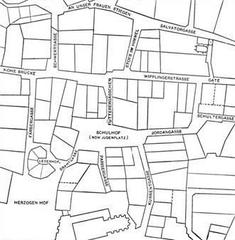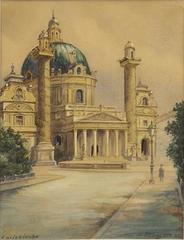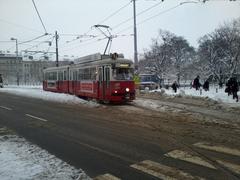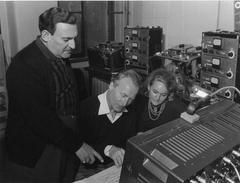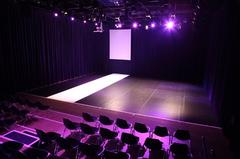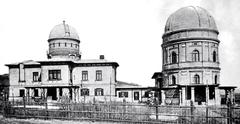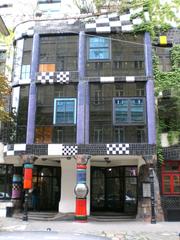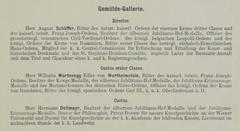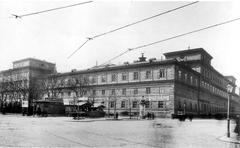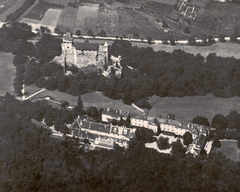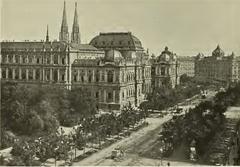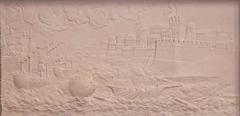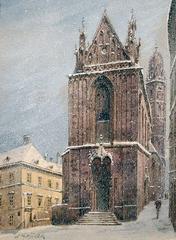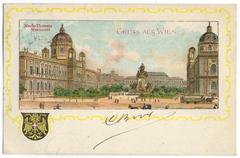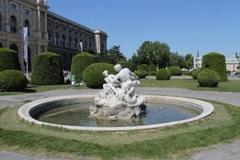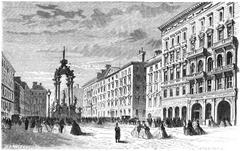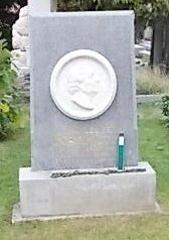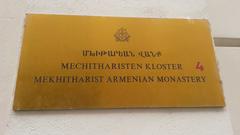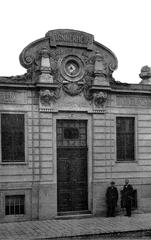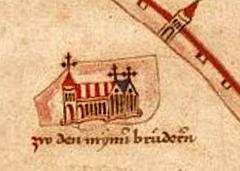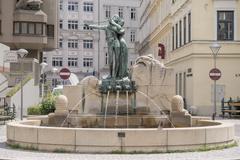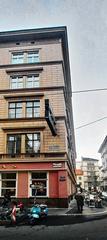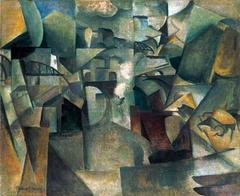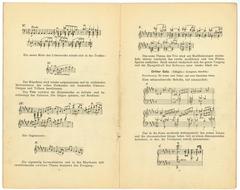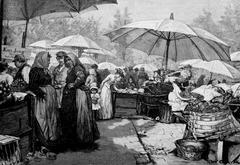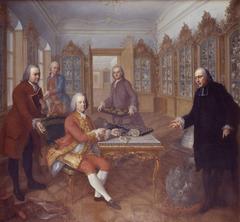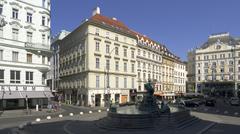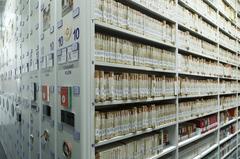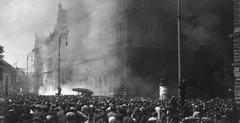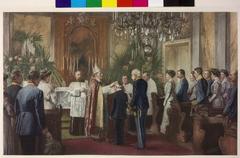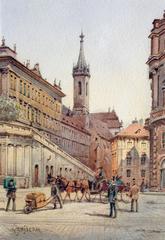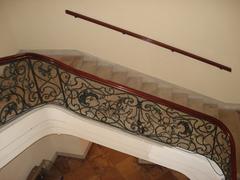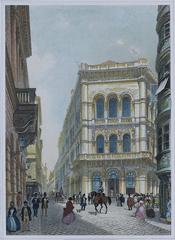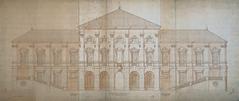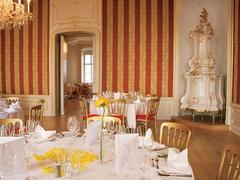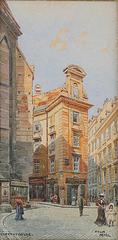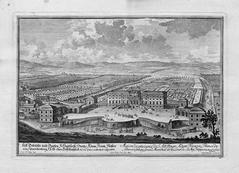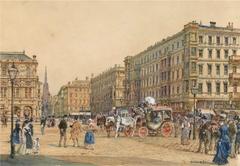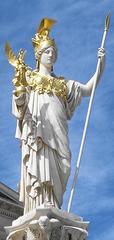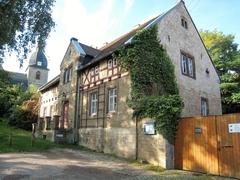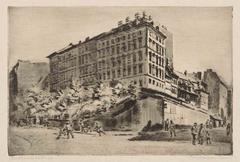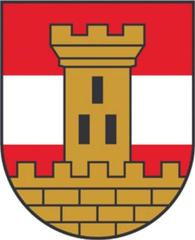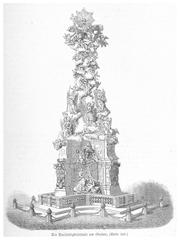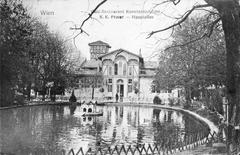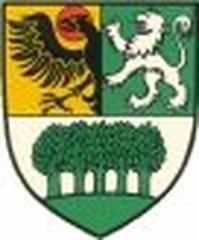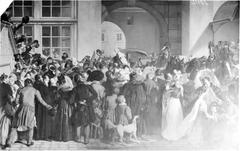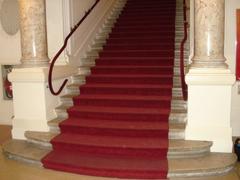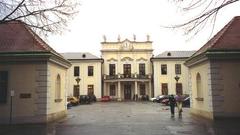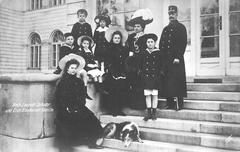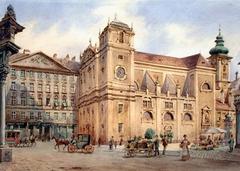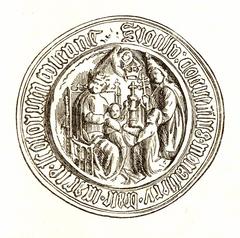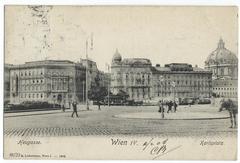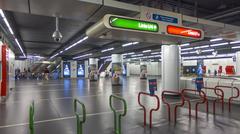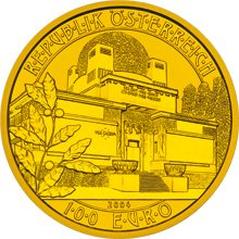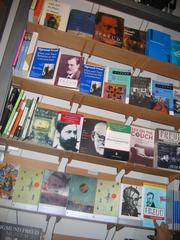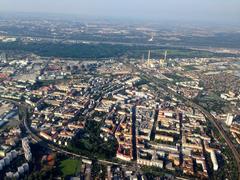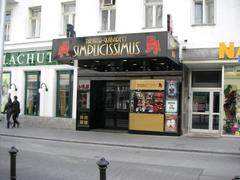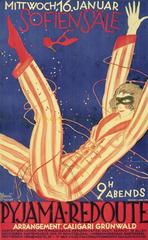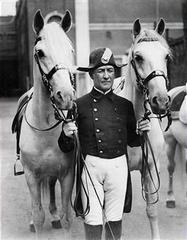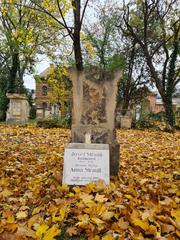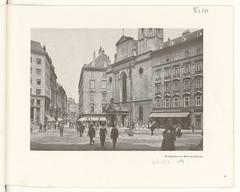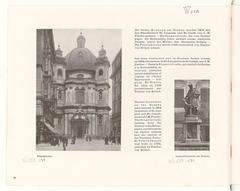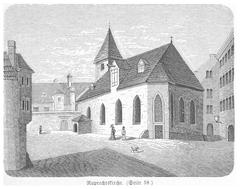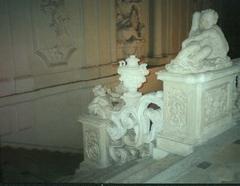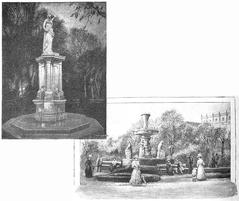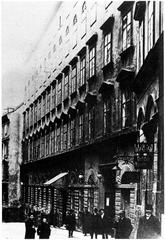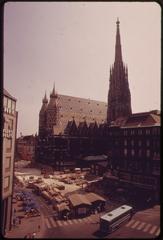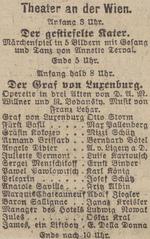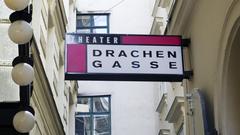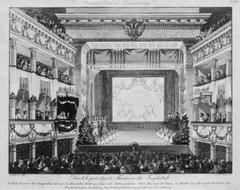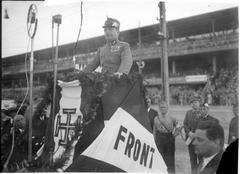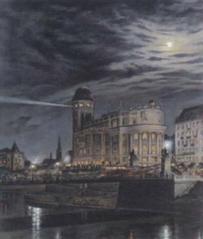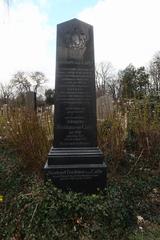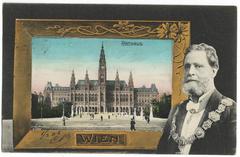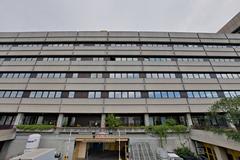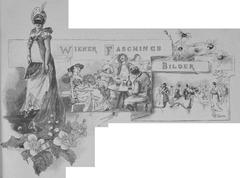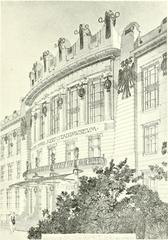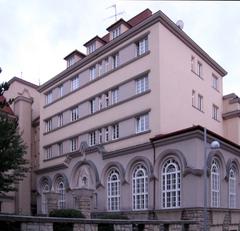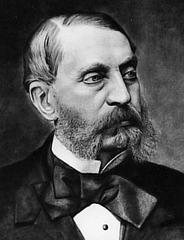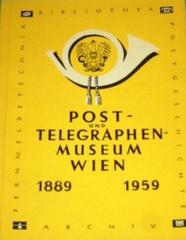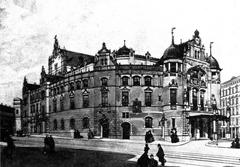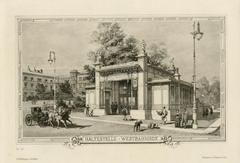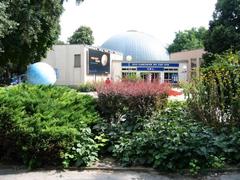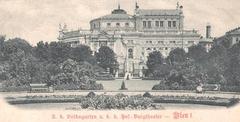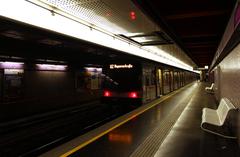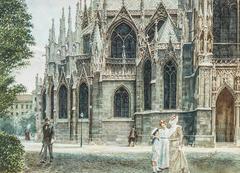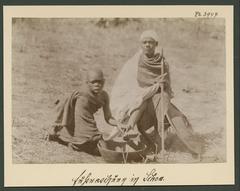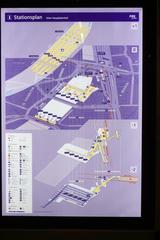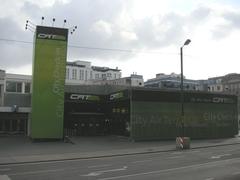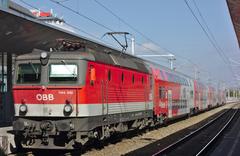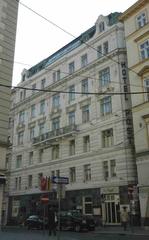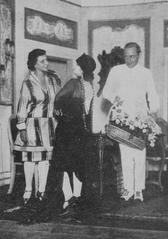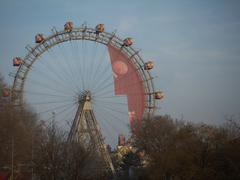Franz Schubert Conservatory Vienna: Visiting Hours, Tickets, and Complete Visitor Guide
Date: 04/07/2025
Introduction
Nestled in the vibrant cultural heart of Vienna, the Franz Schubert Conservatory (Franz Schubert Konservatorium) is a living testament to the city’s illustrious musical heritage. Established in 1867, the conservatory honors the legacy of Franz Schubert, one of Vienna’s most celebrated composers, and continues to nurture artistic talent across a range of disciplines, including classical music, jazz, musical theatre, and performing arts (Austria-Forum; FSK Official). This comprehensive guide provides essential information for visitors—from opening hours and ticketing details to accessibility, nearby attractions, and practical tips—helping you plan a memorable cultural experience in Vienna.
Table of Contents
- Historical Overview
- Visiting the Franz Schubert Conservatory
- Location, Access, and Nearby Attractions
- Visitor Tips and Practical Information
- Frequently Asked Questions (FAQ)
- Summary and Visit Tips
- Contact Information
- References
Historical Overview
Founding and Early Development (1867–1943)
The Franz Schubert Conservatory was founded by Eduard Horak in 1867 amidst Vienna’s golden age as a leading center for music. Originally known as the Horak-Konservatorium, it sought to make top-tier music education accessible to a broad audience. By 1871, the conservatory introduced the “Staatsprüfungs-Lehrgang,” raising the standards for music education in Austria. Branches in Vienna, Baden, and Bad Vöslau soon followed, extending its influence (Austria-Forum; Wikipedia DE).
In 1943, the institution split its music school and conservatory programs, allowing for specialized focus in each area.
Institutional Recognition and Expansion (1943–1983)
After World War II, the conservatory achieved “Öffentlichkeitsrecht” (public law status) in 1961, making its diplomas officially recognized by the Austrian state. In 1979, it was renamed in honor of Franz Schubert, reflecting a renewed commitment to artistic excellence and Vienna’s musical traditions. The introduction of a jazz department in 1980 marked its adaptation to contemporary music trends (Austria-Forum).
Modernization and Diversification (1983–2010)
Under new ownership in 1983, the conservatory moved to Vienna’s Mariahilfer Straße district. In 2010, it expanded its curriculum to include Ethno-Percussion, Photography, and Graphic Arts, and began hosting notable events such as the Vienna International Composer Competition (CMC Ireland; FSK Official).
Recent Developments and Current Location (2010–Present)
In 2010, the conservatory relocated to Schloss Neuwaldegg in Hernals, and since 2016, it has been based at Esslinggasse 9 in central Vienna, providing convenient access to major cultural landmarks. The institution continues to offer acclaimed programs in classical music, jazz, musical theater, and acting, welcoming students from around the world (FSK Official).
Visiting the Franz Schubert Conservatory
Visiting Hours
- Secretariat Opening Hours: Tuesdays and Thursdays, 10:00 a.m. to 4:00 p.m.
- Concerts & Public Events: Typically held in the evenings from Tuesday to Saturday; matinee performances are occasionally scheduled.
- General Access: Visits outside secretariat hours or for tours must be arranged in advance (Franz Schubert Conservatory Contact).
Always check the official website or contact the administration to confirm opening times and event schedules, as hours may vary during holidays and special occasions.
Ticket Information
- General Admission: There is no fee for casual visits; the conservatory is primarily an educational institution.
- Concerts & Events: Tickets are required for public performances, masterclasses, and special events. Prices range from free (for many student recitals) to €30 (for guest artists and masterclasses).
- Purchasing Tickets: Tickets can be purchased online via the official website or at the venue, but advance booking is recommended, especially for popular events (Event Schedule).
Accessibility
The Franz Schubert Conservatory is committed to accessibility. The main building provides wheelchair access, with elevators and accessible restrooms available. Visitors needing additional accommodations should contact the secretariat prior to arrival (Accessibility Info; Vienna Accessibility).
Guided Tours and Special Events
- Guided Tours: Available by appointment and often scheduled around festivals or special events. Tours provide insight into the conservatory’s history and architecture.
- Workshops & Masterclasses: Open to the public on select dates; booking in advance is required.
- Photography: Permitted in certain areas; always ask permission before photographing classes or rehearsals.
Visitor Etiquette and Dress Code
- Behavior: Maintain a respectful atmosphere, as the conservatory is a place of study and performance.
- Dress Code: Smart-casual attire is recommended for concerts and recitals.
- During Performances: Silence mobile devices and avoid photography or recording unless permitted. Applaud at appropriate times.
Location, Access, and Nearby Attractions
How to Get There
- Address: Absberggasse 27, 1100 Vienna, Austria (Favoriten district)
- Public Transport: Nearest U-Bahn station is Reumannplatz (U1 line). The conservatory is a short tram ride or walk from the station.
- Travel Tip: The Vienna City Card offers unlimited public transport and discounts at many attractions (Vienna City Card).
Cultural Sites and Amenities
Nearby Attractions:
- House of Music: Interactive museum dedicated to Vienna’s musical legacy (House of Music).
- St. Stephen’s Cathedral: Iconic Gothic cathedral, also hosting classical concerts (St. Stephen’s Cathedral).
- Vienna State Opera: World-renowned opera house with guided tours and performances (Vienna State Opera).
- Musikverein: Home of the Vienna Philharmonic and the famous Golden Hall (All About Vienna).
- Schubert’s Birthplace: Museum dedicated to the composer’s early life (Wien Info).
Dining & Accommodation:
- Vienna’s coffeehouses, bakeries, and restaurants near the conservatory offer authentic Austrian cuisine.
- Accommodation ranges from budget hostels to luxury hotels; Favoriten and the city center are convenient options (Vienna Accommodation).
Visitor Tips and Practical Information
- Plan Ahead: Contact the administration to confirm hours, tours, and event details (Contact).
- Check Event Listings: Review the conservatory’s website and Vienna’s cultural calendars for up-to-date schedules (Vienna Event Calendar).
- Language: German is the primary language, but English is widely spoken.
- Transport: Use public transport for convenience; parking is limited in the city center.
- Respect Quiet Zones: Keep noise to a minimum in study and rehearsal areas.
- Photography: Ask for permission before taking photos.
- Support Students: Consider donations or purchasing programs at recitals.
- Health & Safety: Check current health guidelines before your visit.
Frequently Asked Questions (FAQ)
Q: What are the Franz Schubert Conservatory visiting hours?
A: The secretariat is open Tuesdays and Thursdays, 10:00 a.m. to 4:00 p.m. Visits outside these hours should be arranged in advance.
Q: Are there admission fees?
A: General visits are free. Concerts and masterclasses require tickets, typically ranging from free to €30.
Q: Is the conservatory accessible for wheelchair users?
A: Most public areas are wheelchair accessible, but contact the secretariat in advance for specific accommodations.
Q: Can I join guided tours?
A: Guided tours are available by prior arrangement, especially during special events or festivals.
Q: What language is spoken at the conservatory?
A: German is primary, but English is widely spoken among staff and faculty.
Q: Can I take photos inside?
A: Photography is restricted during classes or performances; ask staff for permission in other areas.
Summary and Visit Tips
The Franz Schubert Conservatory is a cornerstone of Vienna’s reputation as a global capital of music, blending its rich heritage with contemporary innovation. Its central location, accessible facilities, and proximity to iconic landmarks like St. Stephen’s Cathedral and the Vienna State Opera make it an essential stop for music lovers and cultural tourists alike. To make the most of your visit, check official visiting hours, book tickets for events or tours in advance, and explore Vienna’s musical sites nearby. Stay connected via the conservatory’s social media and consider downloading the Audiala app for curated guides and event updates.
A visit to the Franz Schubert Conservatory is not only a journey through Vienna’s illustrious past but also an engagement with its living musical tradition—a must-see for anyone passionate about music and the arts (Austria-Forum; ourmusicworld.com; FSK Official; Wien Info).
Contact Information
- Address: Franz Schubert Conservatory, Absberggasse 27, 1100 Vienna, Austria
- Phone: +43 1 587 47 87
- Email: [email protected]
- Website: https://www.fsk.at/en/kontakt/
For additional tourist information, visit Vienna Tourist Information offices at Albertinaplatz/Maysedergasse and Vienna International Airport (Vienna Tourist Info).
References
- Austria-Forum
- FSK Official
- ourmusicworld.com
- Wien Info
- All About Vienna
- Vienna City Card
- House of Music
- St. Stephen’s Cathedral
- Vienna State Opera
- Vienna Accommodation
- Vienna Event Calendar
Internal Links:
- Explore more of Vienna’s musical heritage in our article on [Vienna Classical Music Attractions].
- Planning your trip? See our [Guide to Vienna Public Transport].
Visuals:
- Include high-resolution images of the conservatory’s exterior and interior, with alt tags like “Franz Schubert Conservatory Vienna facade” and “Concert hall at Franz Schubert Conservatory.”
- Embed a map to highlight the conservatory’s location and nearby attractions.
